The Geneva (1560) and King James (1611) Bibles have exerted a greater impact on the literary and spiritual life of the English-speaking world than any other Bible translations, or indeed books of any kind. The Geneva Bible was the first English language Bible in North America, carried to Virginia in 1607 by Robert Hunt, chaplain of the Jamestown colony. Because of the strong Calvinist and Puritan leanings in the Geneva Bible’s text, and even more so in its interpretive annotations, King James considered it a potential source of religious division and commissioned a new Bible that would unite all ecclesiastical factions in the Church of England. That new version, over which 47 scholars labored for seven years, would in time be known both as the King James Version and the Authorized Version.
The surviving children of Regent University’s founder, Dr. Pat Robertson, have donated a leaf (page) from an early edition of the Geneva Bible and a leaf from an early edition of the King James Bible. The leaf from the Geneva Bible includes verses from chapters 25-28 of 1 Chronicles and the leaf from the King James Bible includes verses from chapters 5-7 of Numbers.
The Library thanks the Robertson family for the very generous donation of these precious artifacts.
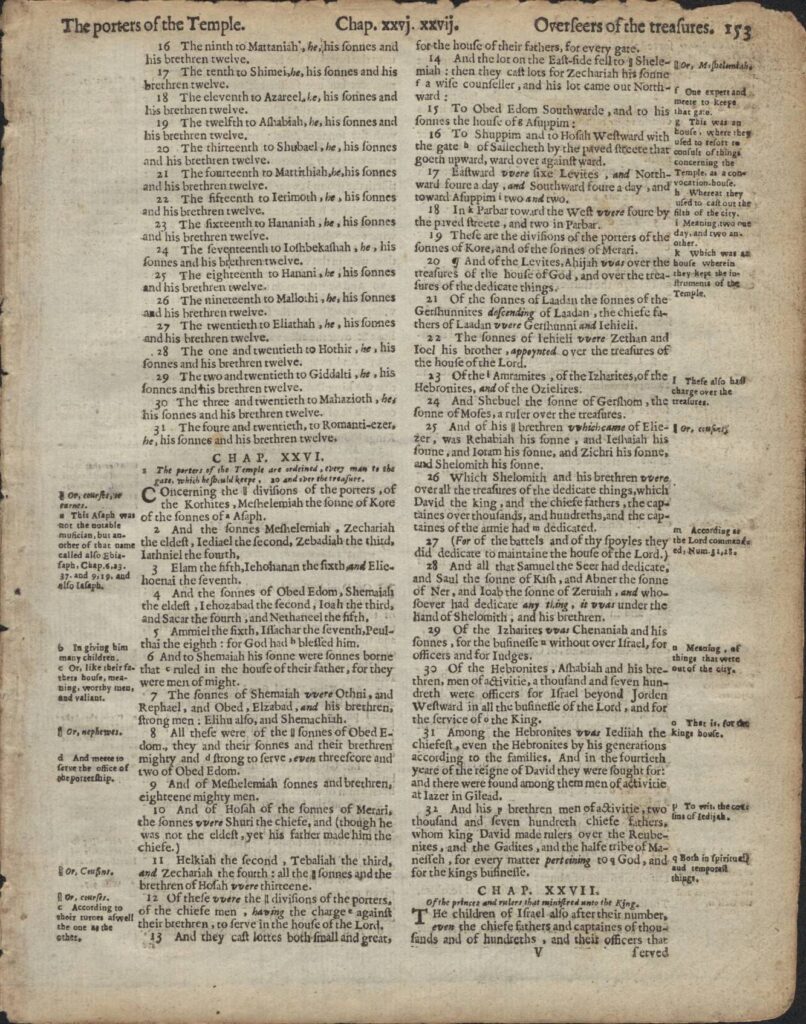
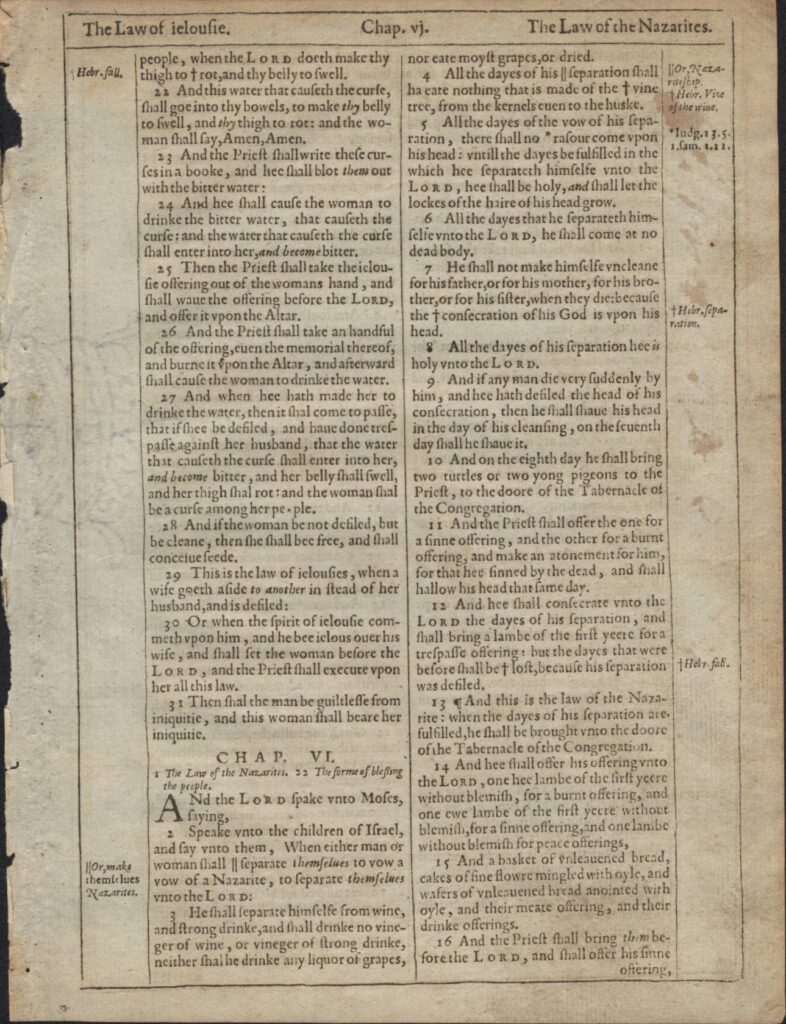
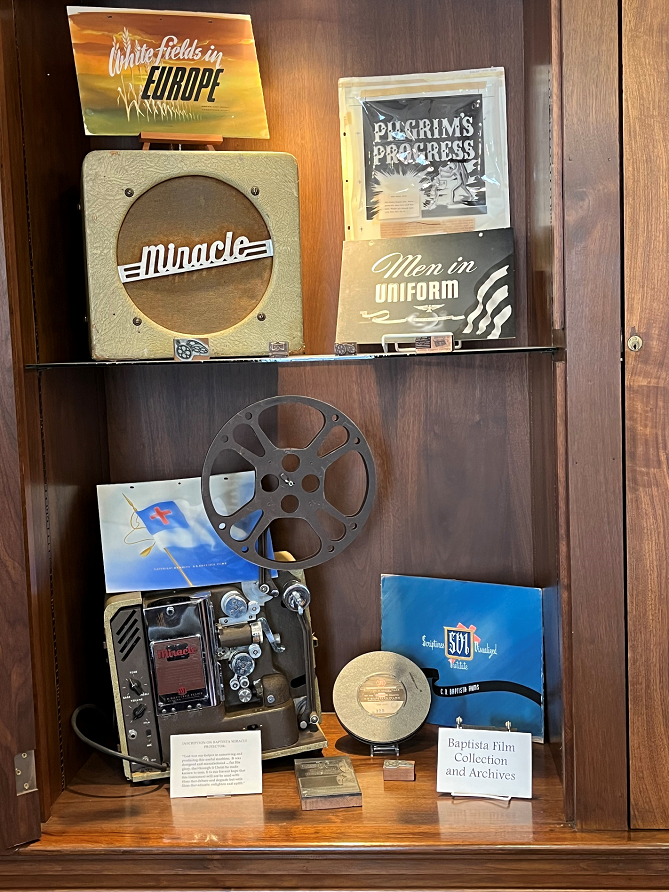
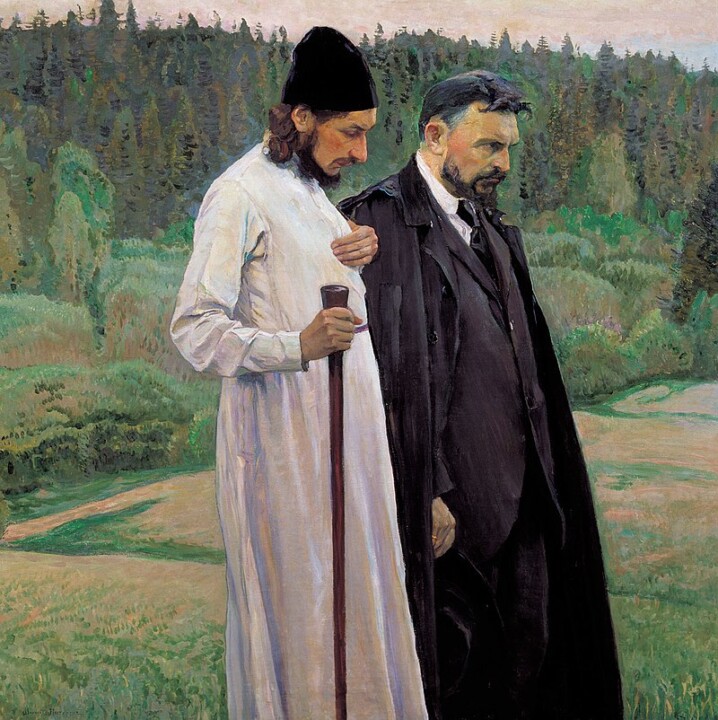
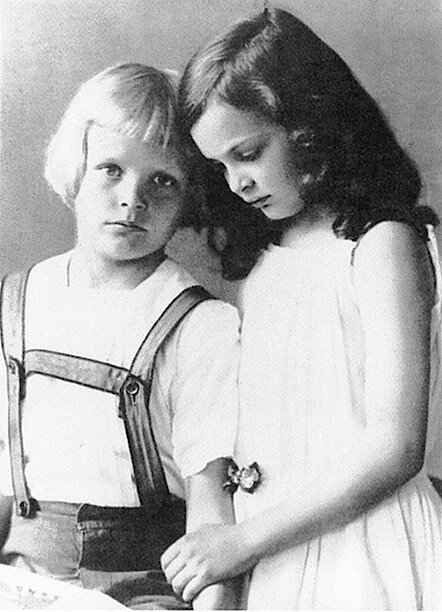
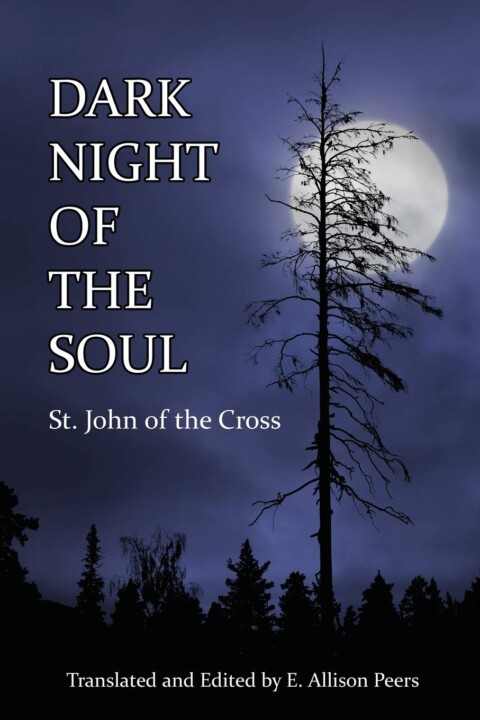 While imprisoned in a tiny cell for his efforts to reform the Carmelite monastic order, St. John of the Cross composed spiritual poetry on a scroll smuggled to him by a sympathetic guard. The poems tell of the soul’s longing for God.
While imprisoned in a tiny cell for his efforts to reform the Carmelite monastic order, St. John of the Cross composed spiritual poetry on a scroll smuggled to him by a sympathetic guard. The poems tell of the soul’s longing for God.